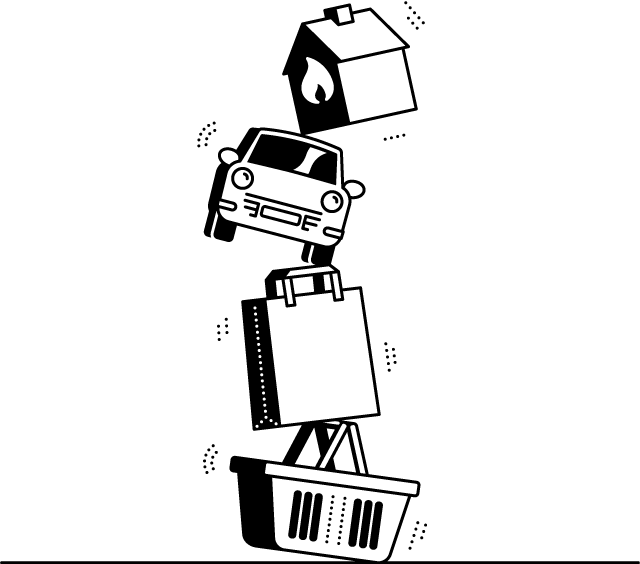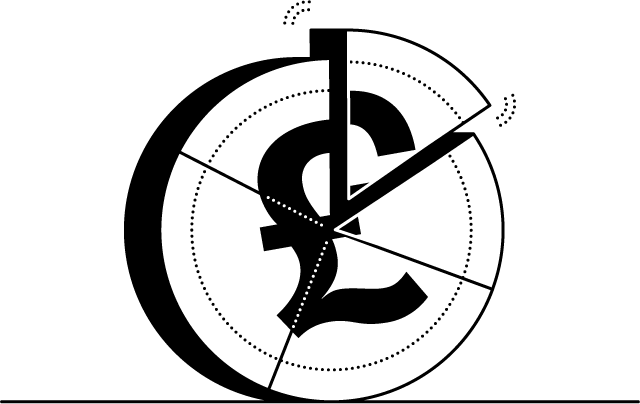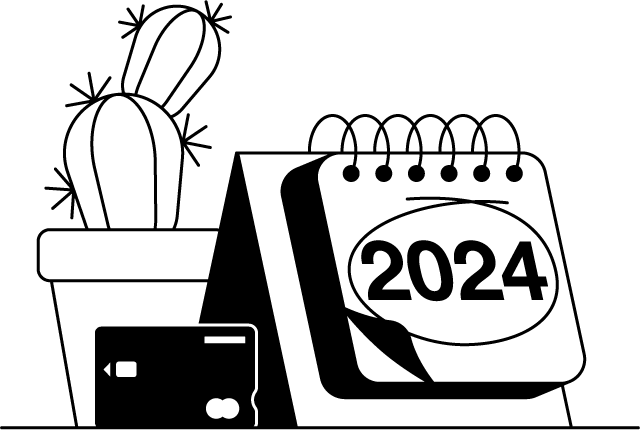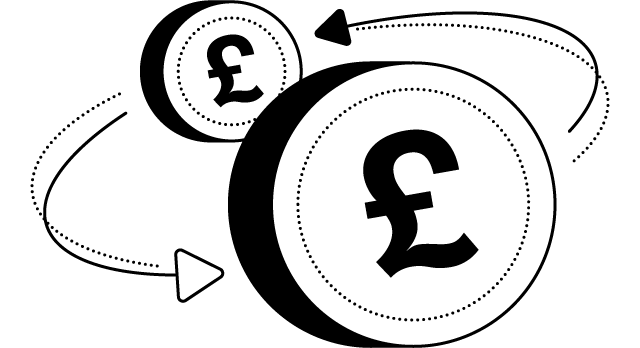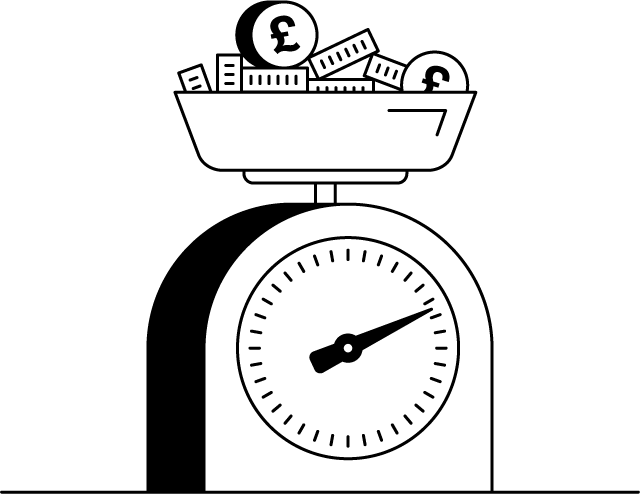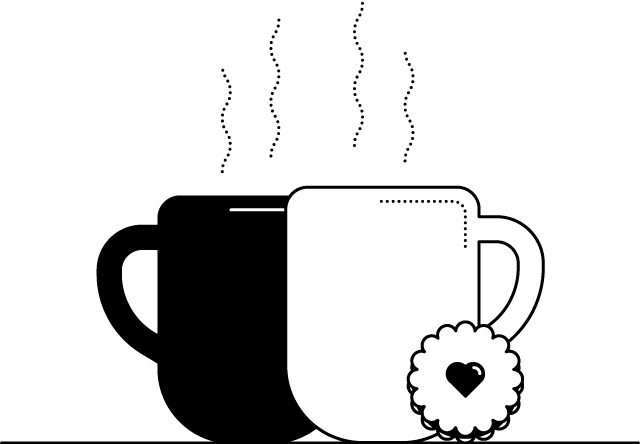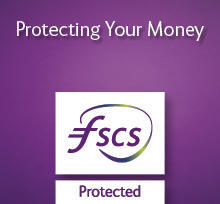Your eligible deposits with HSBC UK Bank plc are protected up to a total of £85,000 or up to £170,000 for joint accounts, by the Financial Services Compensation Scheme, the UK's deposit guarantee scheme.
This limit is applied to the total of any deposits you have with the following: HSBC UK Bank plc and first direct. Any total deposits you hold above the limit between these brands are unlikely to be covered.
